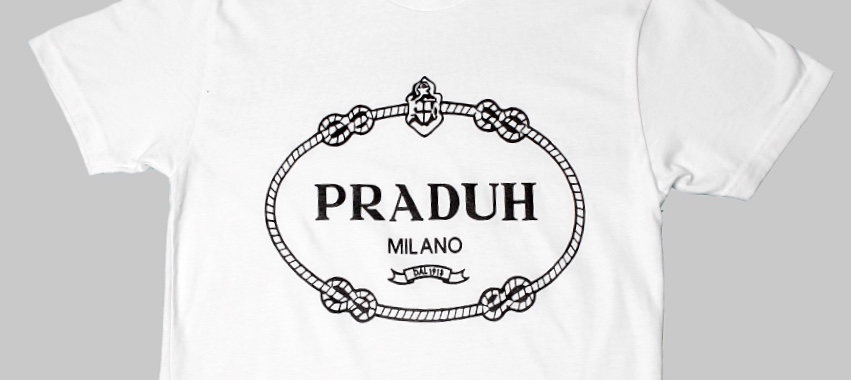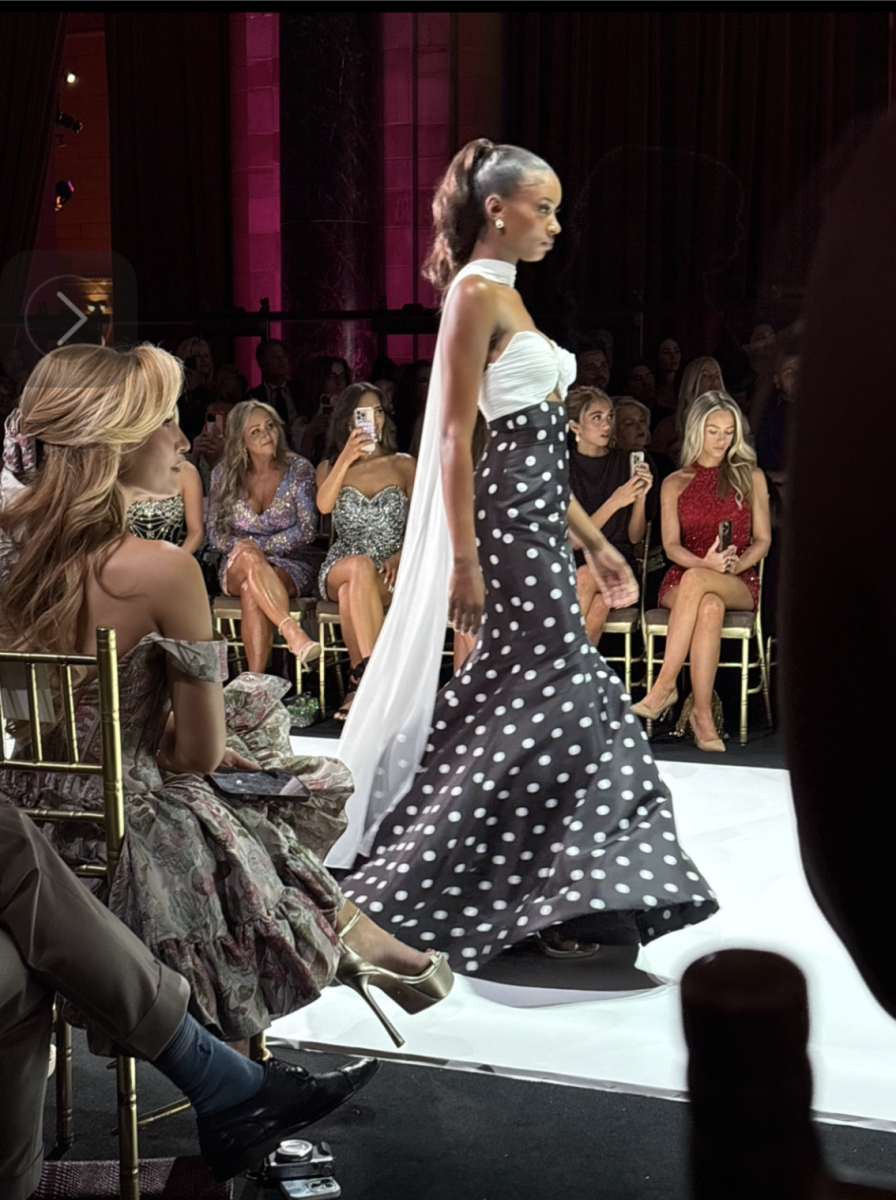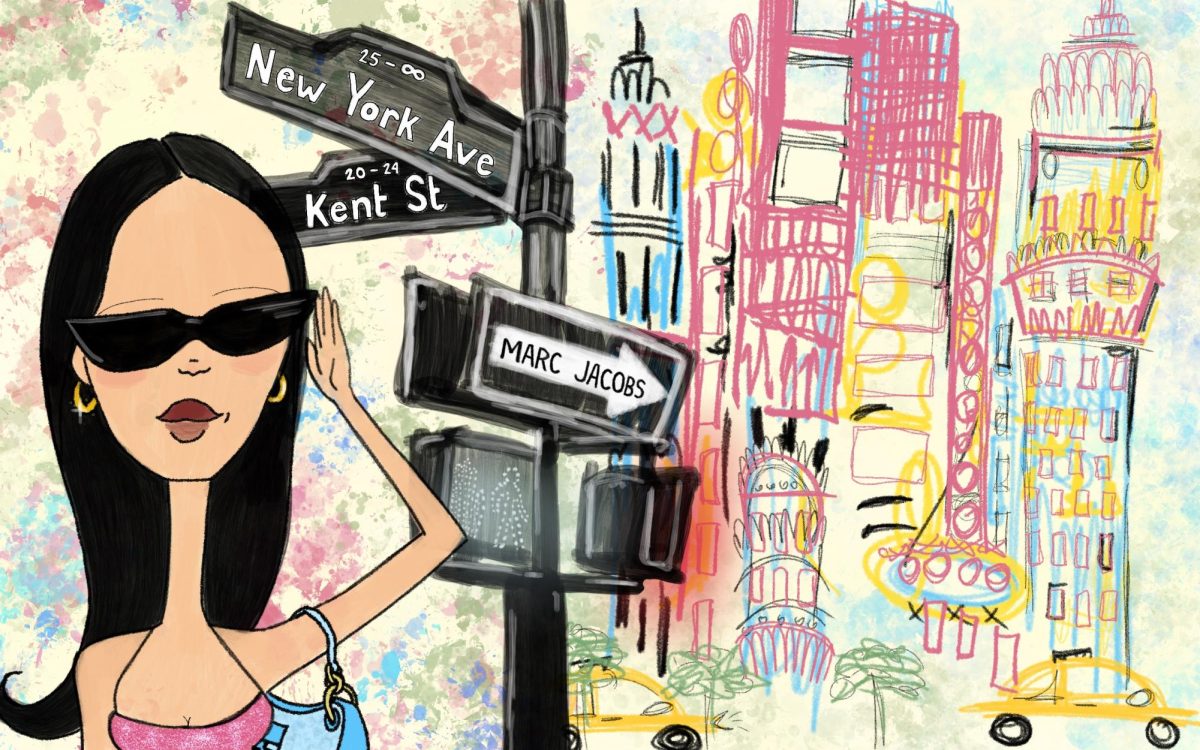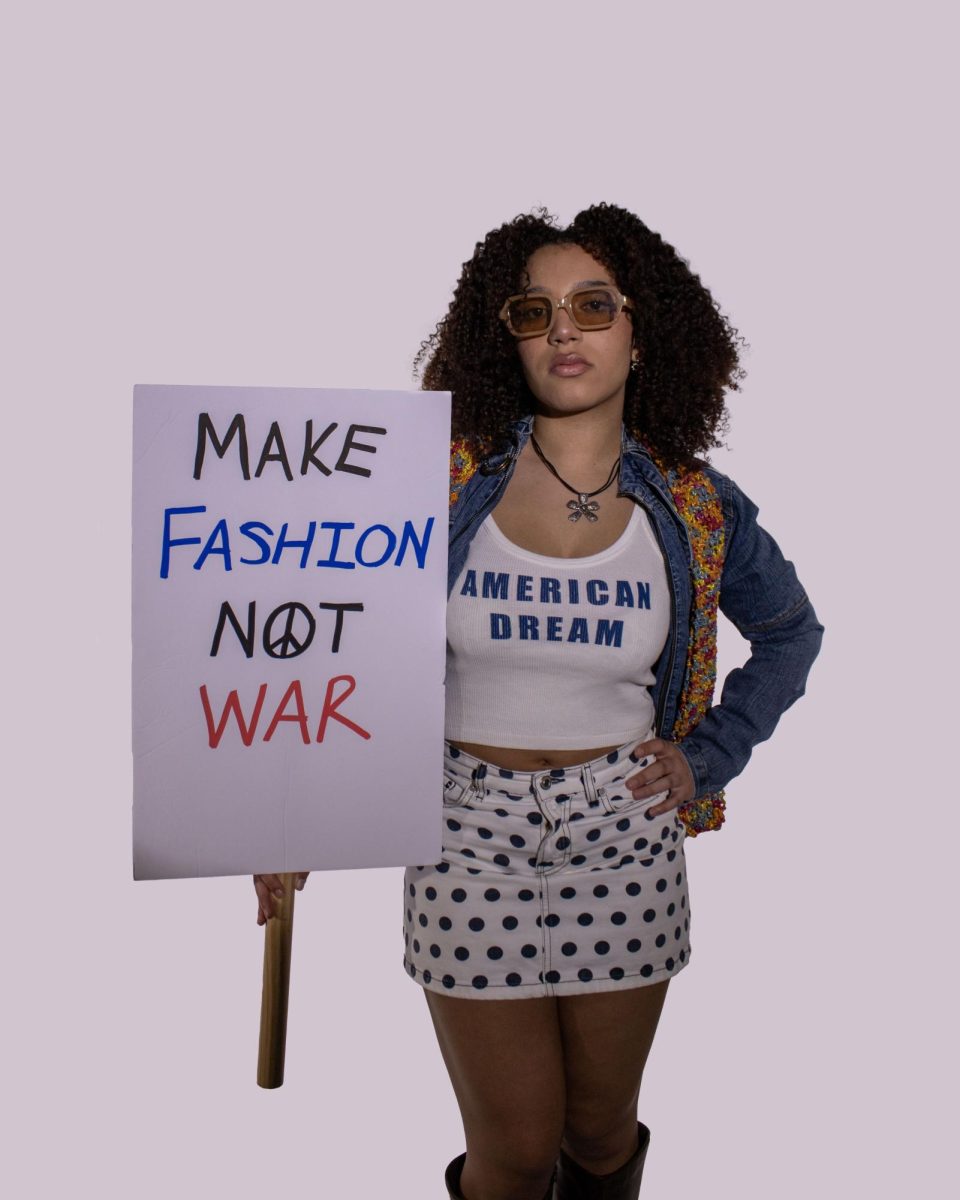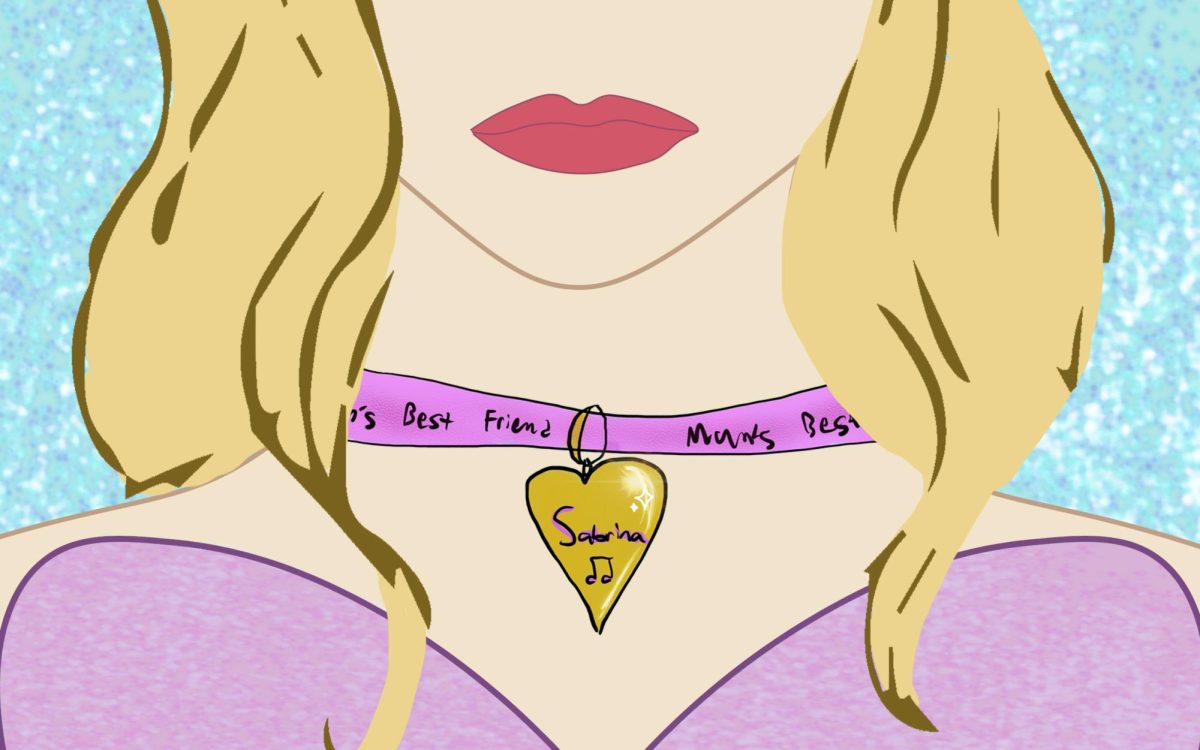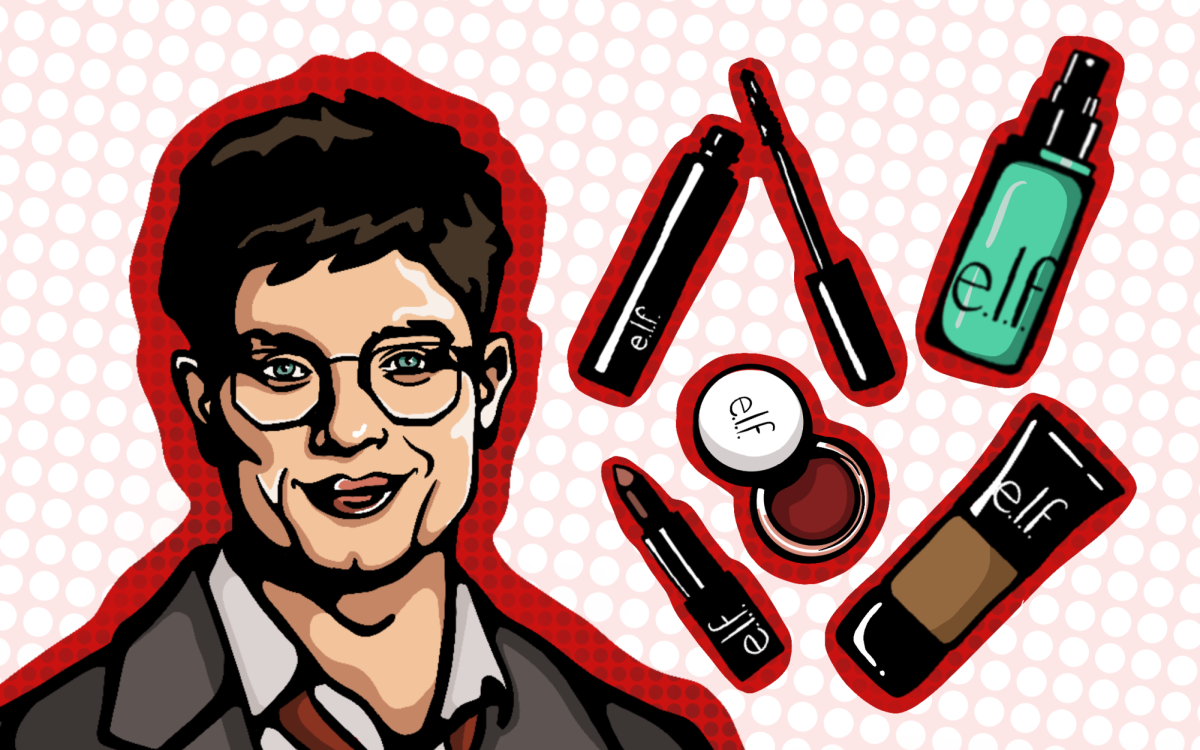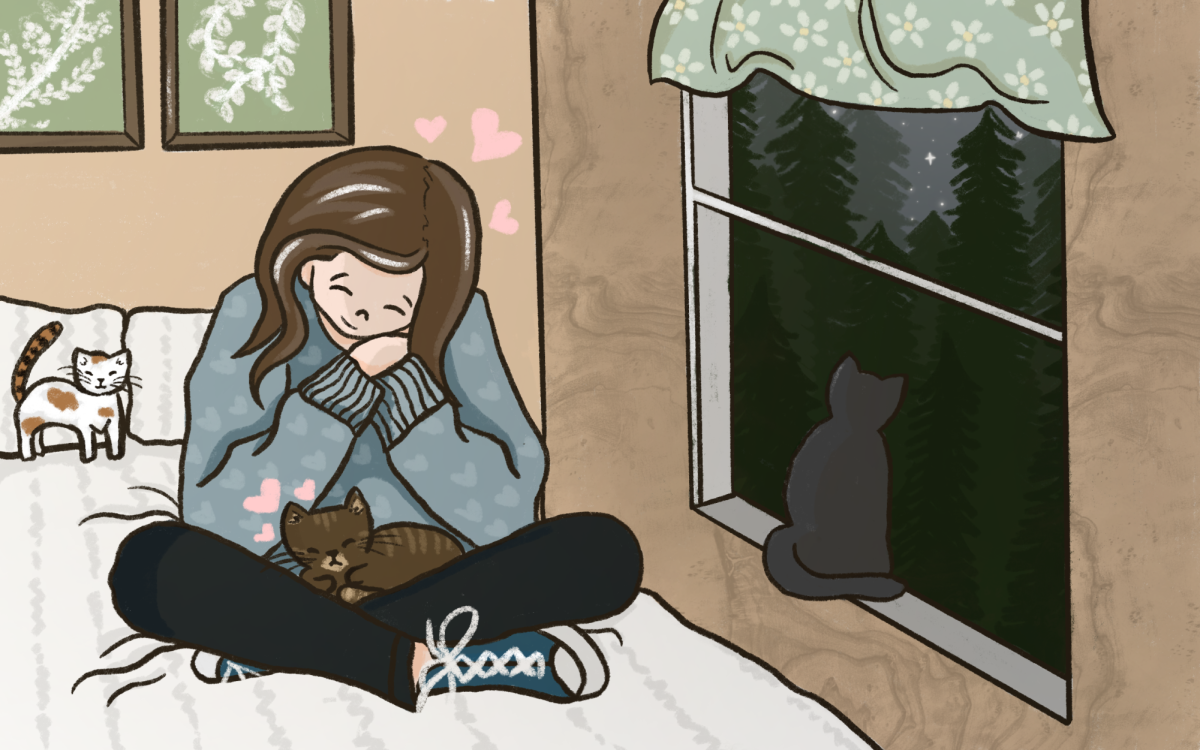Rule breakers and nonconformists tend to be the leaders of the street style culture dominating the fashion world. There are always fresh ideas from the street that turn into style movements. One of those movements today is the use of ironic fashion.
What exactly is ironic fashion? There are many definitions that can be used, but it is essentially blending luxury awareness and urban influences with satire.
Ironic fashion in popular culture today took off with copycats of designer slogans. T-shirts with logos saying “Fèline” rather than Cèline, or “Praduh” instead of Prada began selling fast.
While these seem harmless, there was some questioning into trademark infringements. In 2015, Saint Laurent filed a lawsuit against the designer of a “Ain’t Laurent Without Yves” T-shirt. But some companies look at the trend in another light. Rodarte, a brand usually known for their intricate chiffon gowns, produced their ironic symbol with the “Radarte” sweatshirts.
There are even designers and brands solely dedicated to the satirical fashion statements. Vetements is possibly one of the most popular urban brands today. Head designer, Demna Gvasalia, was trained under Martin Margiela, a leading anti-fashion revolutionist of the 1980s and 1990s.
Vetements follows the ethos of rejecting tradition and producing irony designs but breaks away from lowering prices. A “DHL” T-shirt is priced at nearly $900 and socks with the brand logo for $95. Yet, they remain a streetwear powerhouse.
“I was experimenting with an almost shameless idea of branding, and it really worked,” says Gvasalia, “It’s a way of communicating that’s very adapted to the internet era: you can see immediately where a garment is from if it has a logo. It has a visual immediacy that’s easily ‘Instagrammable.’”
Streetwear labels use social media constantly as a tool to instantly communicate these styles. A Magazine stylist Dahlia Mihalko says this is a trend that she sees inspiring college-aged fashion followers in their styling and design choices. This proves that even though the specific garments being shown are at a high price, brands like Vetements are linked with the popular satirical style.
Yet, there are concerns about the oversaturation of this trend. Fashion today goes beyond following a strict code with the upcoming generation focusing on finding their unique way to express themselves. When a phenomenon like ironic fashion becomes too mainstream, the originality it offers dies down.
Even if witty slogans no longer become a must-have, there will always be a new wave of boundary-pushing ideas in fashion that will take over.

